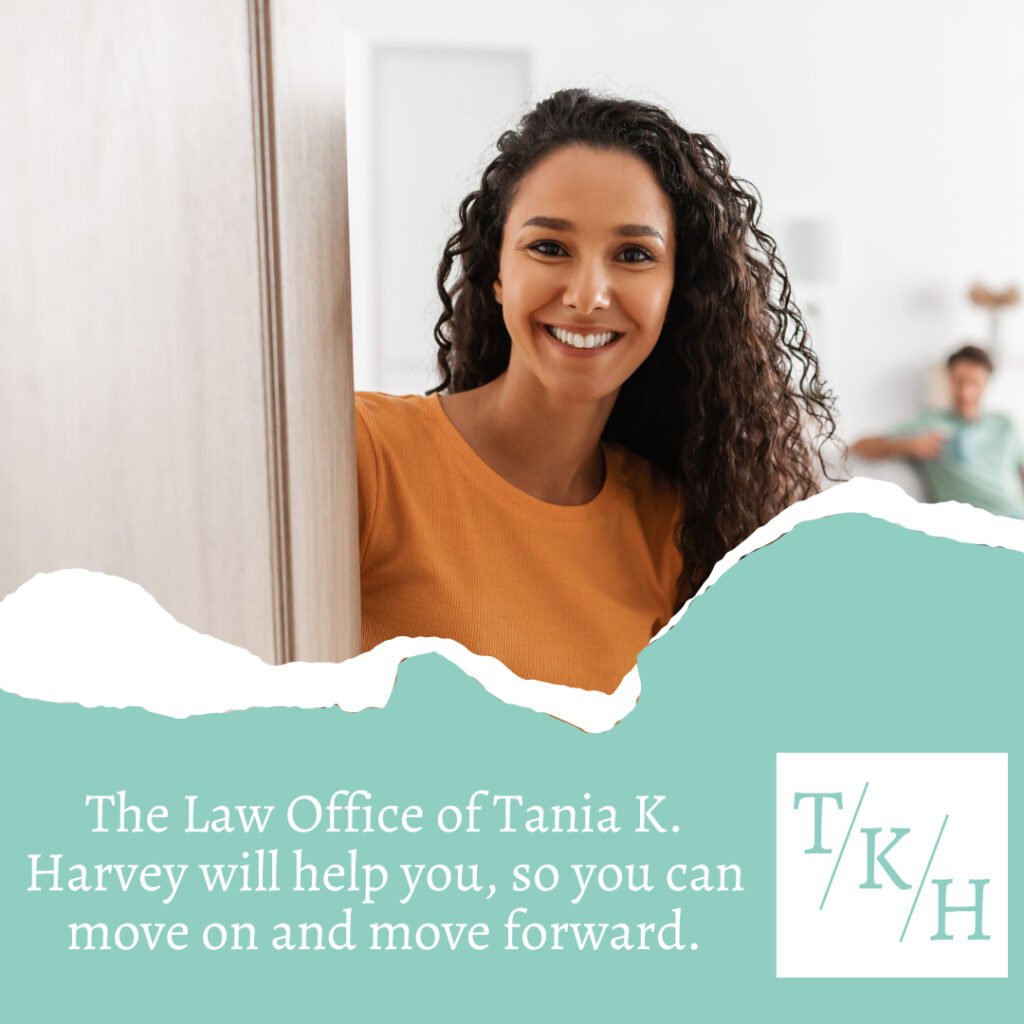When you’re going through a divorce, it can be easy to focus on your own future. But as a parent, you also have to think about what’s best for your children and their futures as well. As a collaborative divorce lawyer in Wheaton, I have helped numerous clients with post judgment issues, such as relocation. If you decide to move, the relocation process will involve many important decisions and your judgment will need to be modified. Contact The Law Office of Tania K. Harvey today to discuss your family’s needs.
Planning Ahead: the Relocation Notice
When you know where you want to move, the next step is to file a relocation notice. This gives your former spouse legal notice that you plan on moving. In Illinois, you need to file a relocation notice 60 days prior to the move if you’re moving:
- From a home in Cook, DuPage, Kane, Lake, McHenry, or Will Counties to a new home in Illinois that is more than 25 miles away from your current home.
- From a home in a county other than Cook, DuPage, Kane, Lake, McHenry, or Will to a new home within the state of Illinois more 50 miles away from your current home.
- From a home anywhere in Illinois to a new home outside of Illinois that is more than 25 miles away from your current home.
If you plan to move and it does not fall within the parameters above, you are still required to provide notice to your former spouse, you just don’t have to utilize the Notice of Relocation form. In addition, if the move is unavoidably urgent and notice cannot be provided 60 days in advance, the relocating parent has to provide notice as soon as possible.
A relocation notice simply alerts the other parent of your child’s intent to relocate and gives them the opportunity to object to this move. The notice is not
- A court order. You cannot enforce or use it in any way as leverage against another parent who decides not to allow their child(ren) to move with you.
- A contract between both parents regarding where they will live after divorce or separation; it only serves as notification about one parent’s intent for living arrangements when custody has already been determined by court order prior filing for relocation.
If you need assistance with the relocation notice or judgment modification, we can help. As a top collaborative divorce lawyer in Wheaton, we have the experience and passion to make sure you have the future you want and that you deserve. Contact us today for a consultation.



Communicate about the relocation
Communication is key. If you can’t communicate well with your ex, you won’t be able to co-parent effectively. Communication should be honest and open, no matter what the topic. This will help make sure that both of you are on the same page when it comes to parenting issues.
As you move through the relocation process, staying in communication with your co-parent will allow you to plan for what’s best for your children.
What the court will consider
The most important question the judge will ask is whether the proposed move is in a child’s best interests. If it’s not, the court won’t allow the parent to take the child away. But if the judge concludes that the move is what’s best, the court will issue a new custody and visitation order that “reallocates” parenting responsibilities for the child’s education, health, religious life, and extracurricular activities. A child’s best interests are the paramount concern in every custody and relocation case.
The burden of proof is on the parent who wants to relocate to show that the move is best for the child. Judges make custody and relocation decisions on a case-by-case basis, depending on the unique facts and circumstances of each case.
Some factors that may be considered are the child’s wishes, how the potential change in schools and communities may affect them, how well the parents cooperate, how much each parent contributes, and any other relevant factors.
Our collaborative divorce lawyer in Wheaton will help you, so you can relocate
As you move through the relocation process, staying in communication with your co-parent will allow you to plan for what’s best for your children. You may be surprised to discover that co-parenting can be a joyful experience if both parties are committed and willing to compromise.
